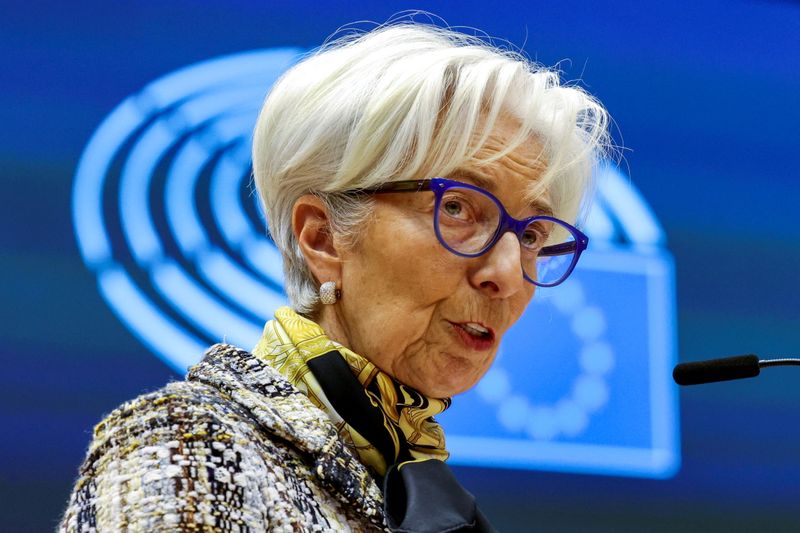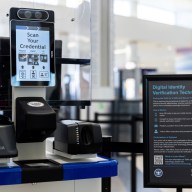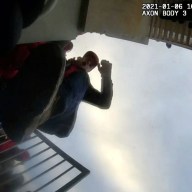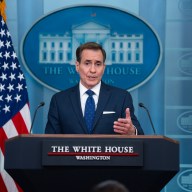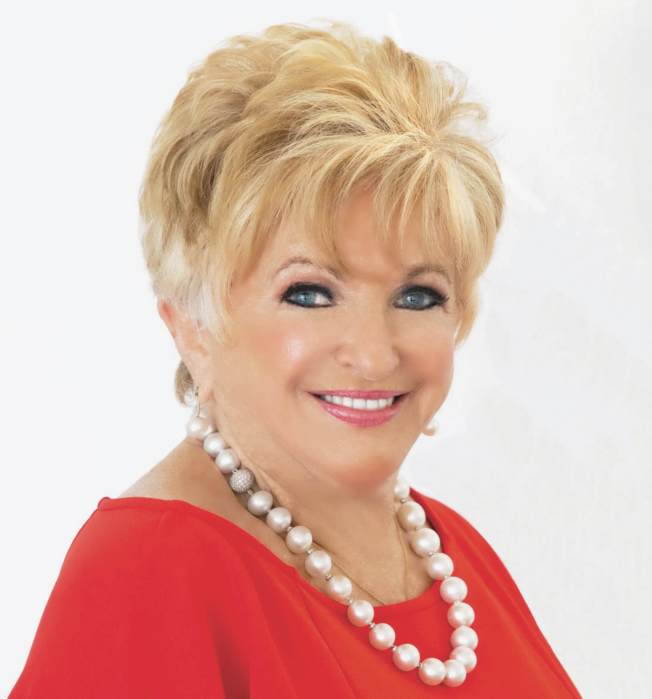LISBON (Reuters) -It is still too early for the European Central Bank to discuss winding down its 1.85 trillion euro emergency bond purchase scheme, ECB President Christine Lagarde said on Friday, less than two weeks ahead of a crucial policy meeting.
Lagarde’s comments are likely to be aimed at fighting market speculation that ECB policymakers will decide to, or least discuss, slowing the pace of the ECB’s Pandemic Emergency Purchase Programme (PEPP) when they meet on June 10. [GVD/EUR]
“We are committed to preserving favourable financing conditions using the PEPP envelope, and to do so until at least March 2022,” Lagarde told a news conference after a Eurogroup meeting in Lisbon.
“It’s far too early and it’s actually unnecessary to debate longer-term issues. Our focus in June is going to be on favourable financing conditions for the economy at large and to all sectors,” she added.
With the euro zone economy rebounding as vaccinations progress, some conservative central bank governors such as the Netherlands’ Klaas Knot are making the case for the ECB to start dialling back its emergency measures and revert to more traditional forms of stimulus.
But others, such as ECB Vice-President Luis de Guindos, are more cautious about withdrawing stimulus, warning about the impact on the economy of a potential rise in borrowing costs.
Lagarde, too, appeared to argue for a cautious approach.
“I have repeatedly said that policymakers needed to provide the right bridge across the pandemic, well into the recovery, so we can actually deliver on our mandate,” she said.
She declined to comment on the recent rise in bond yields but said the ECB was “closely monitoring” borrowing costs, a formulation that usually signals concern.
(Reporting by Michael Nienaber Writing by Balazs Koranyi and Francesco CanepaEditing by Catherine Evans)

